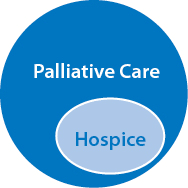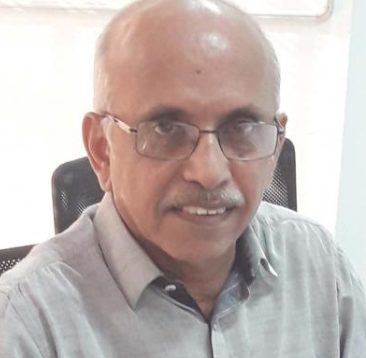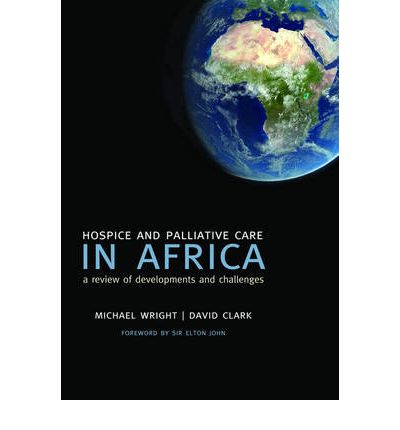
The biggest difference between hospice and palliative care is where the patient is in their illness related to prognosis and their goals/wishes regarding curative treatment. Palliative care also takes an interdisciplinary approach using highly trained professionals including physicians, nurse practitioners, nurses, social workers, chaplains, other disciplines, and may be offered where and when the patient first sought treatment for a condition. While palliative care is appropriate earlier in the disease, consultation is often not sought until late in the disease process.
Hospice care is reserved for people at the end of life who meet eligibility requirements and elect a comfort approach to care. Hospice covers all services and care related to the terminal illness and related conditions. Two physicians certify that a patient has less than six months to live if the disease follows its usual course. However, this does not mean that if a patient is still living after six months he or she will be discharged from hospice.





